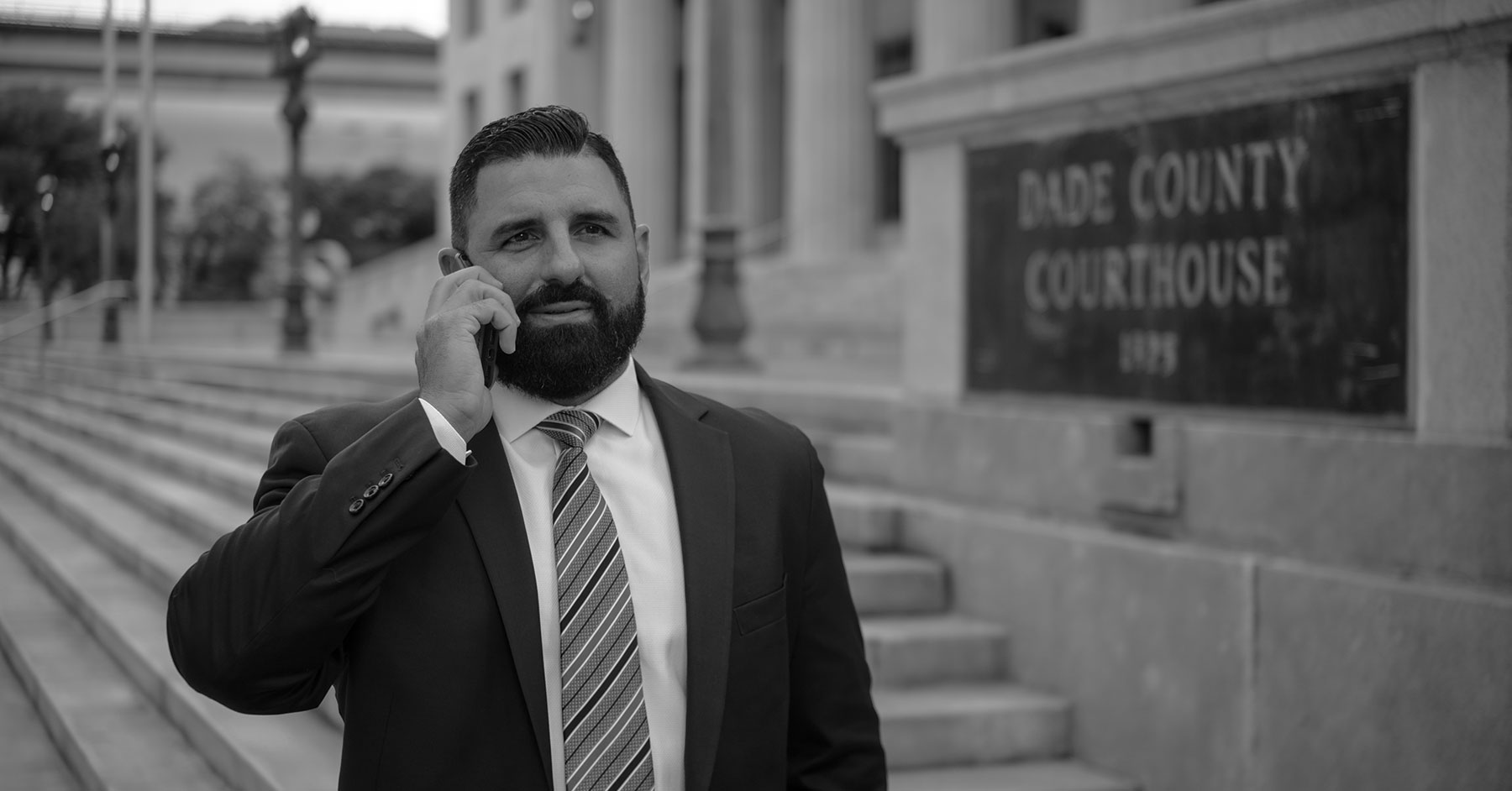How to Know if You Are Under Federal Investigation

If you get a knock on the door in the middle of the night, if agents appear at your workplace, if for any reason you feel you are under investigation by a federal investigative agency, you are probably right. There are actually a number of federal law enforcement groups that fall under the Department of Justice (DOJ). Depending on what is being investigated, that could include:
- The Bureau of Alcohol, Tobacco and Firearms (ATF), is the investigative authority whose responsibility includes investigation of illegal trafficking in firearms
- The Drug Enforcement Agency (DEA) is the agency responsible for enforcing controlled substances laws
- The mission of the Federal Bureau of Investigation (FBI) is to “to protect and defend the United States against terrorist and foreign intelligence threats, to uphold and enforce the criminal laws of the United States, and to provide leadership and criminal justice services to federal, state, municipal, and international agencies and partners”
- Under Homeland Security, the Secret Service (USSS) not only provides protection for the president and vice-president of the United States, it is the primary investigative and enforcement agency in cases of counterfeiting crimes
What is federal investigation?
A federal investigation is the first step in a criminal justice proceeding in which the investigative agency determines whether a federal crime has been committed, who is responsible, and what/where is the evidence. It is often a methodical, detailed and unrelenting probe into an alleged federal offense. Federal offenses include a broad range of crimes that violate a federal law as opposed to a state law.
For instance, murder is usually a state crime, but if the murder happened at the Apalachicola National Forest, it would be a federal crime since it was committed on U.S. government property. Crimes that are almost always federal crimes include, among others, currency counterfeiting, Medicare/Medicaid fraud, bank fraud, securities fraud, mail fraud (since it involves the United States Postal Service or, if it was a private carrier, it involved crossing state lines), electoral fraud, tax evasion, and any violations of the Espionage Act or the Patriot Act.
Signs you are under federal investigation
You may now know that you’re being investigated until you receive a subpoena, so it’s important to know what to look for, especially if you think you might be the subject of a federal investigation:
- Word on the street: Sometimes, rumors are the first sign that something is up. If you hear something, it’s a good time to at least consider contacting a Florida federal criminal defense attorney with extensive experience in federal crime defense.
- Law enforcement shows up at your door: You don’t have to answer any questions, although you will certainly feel pressured to do so. In general, be very careful about saying anything. If you haven’t talked to a lawyer yet, do so at once.
- You feel you’re being watched: Yes, you may indeed be under surveillance.
- You are served with a search warrant: If this happens, do not resist, but do insist on seeing the warrant. It will feel like an invasion of privacy to have agents going through your home or office, your computer, through your bills and personal correspondence, looking through every closet, file, bookcase, tool box, kitchen cabinet and under mattresses, pillows and desks, even through the baby’s room and the garage. They have been given authority to do so by the court.
- You receive a subpoena: Like a search warrant, if you receive a subpoena for business or other potentially pertinent records or documents, you are required to comply.
- You receive a target letter: This makes it clear that you are being investigated. The letter comes from the prosecutor and includes information regarding what crime you are suspected of committing and your right to assert the Fifth Amendment.
Why you should talk to a skilled federal criminal defense attorney if you even think you are under investigation
The feds are patient in building a case against you. In some cases, they’ve been working on it for years. We know how they think and how to mount the best possible defense against federal crime charges. Call us at (305) 403-7323 or contact us online to start protecting your rights now.

